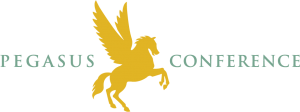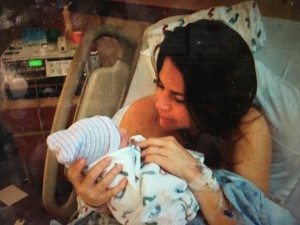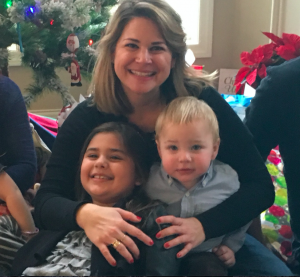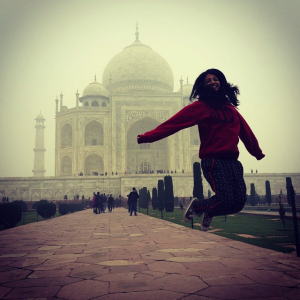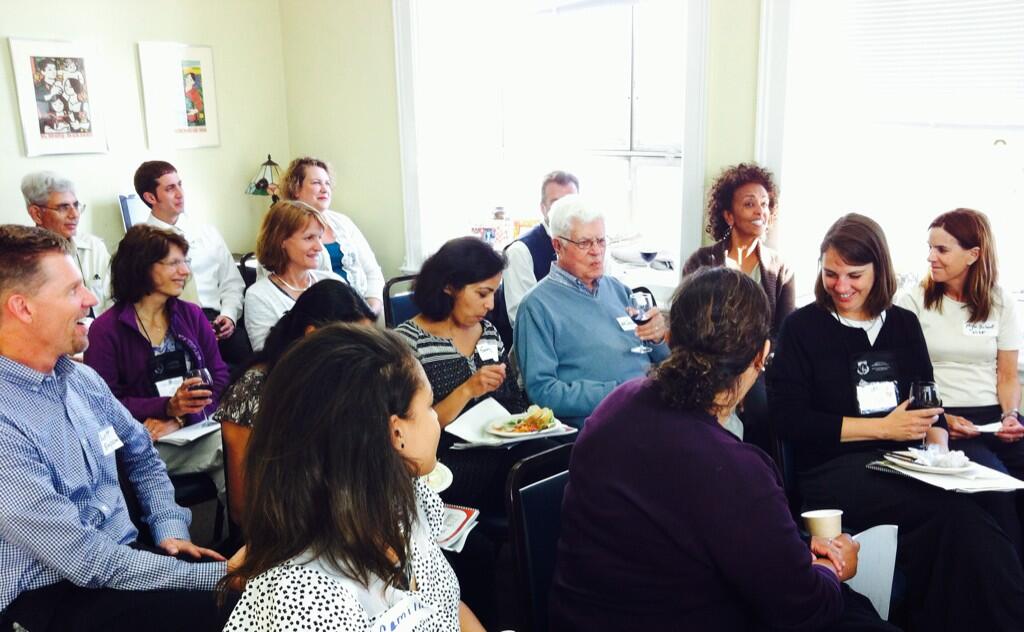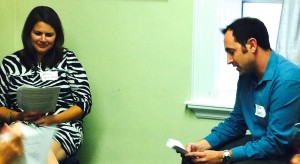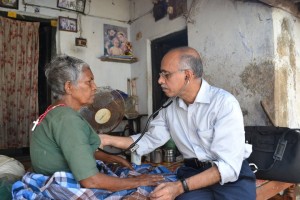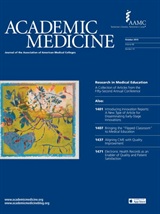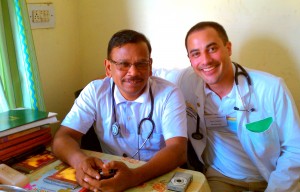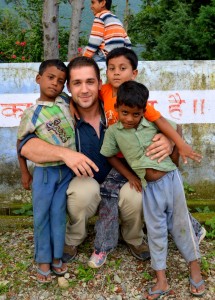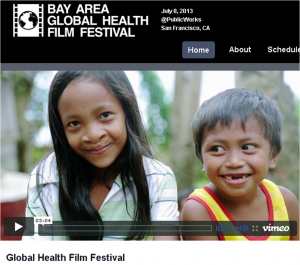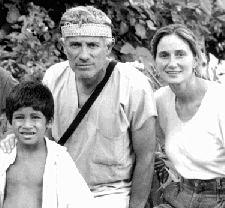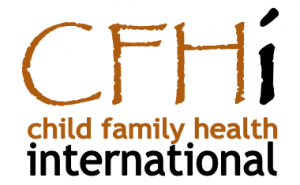“Hi! My name is Emily and I’m a rising sophomore in the Chemistry department at Princeton University. I’m also hoping to pursue certificates in Neuroscience and Consort Singing. I;m currently interning at CFHI to further my knowledge of public health, as it has always been a passion of mine outside of the classroom. As a pre-med student, my work with CFHI India has been of interest to me, and I greatly enjoyed writing this op-ed about nutrition in India. I hope you are able to get a glimpse of how healthcare and nutrition differs in India.”
Preventable diseases such as nutritional anemia, undernutrition, and obesity are a large burden on India’s adolescent population and healthcare system. Paradoxically, nutrition education is disproportionately lacking and is in dire need of improvement. Nutritional anemia affects almost 90% of poor children, adolescent girls, and women. In both urban and rural areas, many kinds of undernutrition are prevalent- every fifth adolescent 10-14-years is Vitamin A deficient, every third adolescent girl is B12 or folate deficient, and at least 1 in 3 adolescents is zinc deficient. In recent years the prevalence of both undernutrition and overnutrition/obesity have increased tremendously and are estimated to affect the health and quality of life of about 1.2 billion Indian citizens. A preventable illness, obesity has compounding effects as it increases likelihood for diabetes, cardiovascular disease, and a plethora of medical complications down the line.
But why the sudden change? Diet! Research has shown that most adolescents consume nutritionally inadequate diets characterized by a surplus of fats and sugars, and lessening consumption of fruits and vegetables. Fast food and junk food products like potato chips and sodas have become increasingly common, slowly replacing more traditional home-cooked staples. This is due in large part to urbanization. The burden of preparing meals and passing down cooking traditions falls largely on women, who are increasingly working out of the household, leaving less time to prepare healthy foods. To compensate for this cultural shift, processed foods have become more accessible in convenience stores and fast-food restaurants. In addition, school cafeterias often do not provide nutritious meals.
India’s next generation is faced with multifaceted nutrition deficit- a culture popularizing fast food, less traditional cooking knowledge and skills, accessibility of nutritionally inadequate foods, and insufficient nutrition education to help them realize the problem. Indian schools do not prioritize health education, instead focusing on natural sciences with an emphasis on rote learning. When nutrition is taught, it is typically taught as a part of a home sciences curriculum, which is often optional and not comprehensive. Again, the onus falls on girls and women to carry out this vital role. Most home sciences teachers are women, enrollment is substantially higher for girls, and the prevalence of home sciences courses is higher in all girls’ schools. In keeping with India’s academic culture, what courses are available are typically focused on memorization and fail to impart the critical thinking skills required to make informed nutrition decisions outside of the classroom. What results is a generation with an increased prevalence of a vast array nutrition related conditions on both sides of the spectrum, and no skills to combat them.
Various government and independent initiatives have tried to bridge this gap. Organizations like UNICEF focus on the first 1000 days of a child’s life to prevent stunting, as well as the adolescent girl population. Many other NGOs provide similar aid focusing on mothers and children in the form of folic acid supplements for pregnant women, counselling on breastfeeding, and micronutrient rich snacks to mothers and children. In 2001, the government launched a new initiative. The supreme court of India directed the government of India to provide cooked midday meals of no less than 300 kilocalories and 8-12g protein in all government and government-aided primary schools.. It has been estimated that daily nutrient intake of program participants increased by 49%, and with a cost of just 3 cents per child, the program reduced daily protein deficiency by 100% and calorie deficiency by 30%. The most dramatic improvements were made by those in the most dire states- children chronically affected by drought and very young children. The intervention yielded promising results, but unfortunately in the case of most participants, no long term affects were found.
The problem runs deep into the culture surrounding nutrition education. Indian academia also lacks an emphasis on nutrition. There are currently only 190 institutes in India that offer one or more nutrition courses. The discipline of public health nutrition does not exist as an independent discipline in any college/university across India. Culturally, the role of nutritionists is often seen to be limited to treating specific maladies on a case by case basis.
There is a resounding consensus among students, parents, teachers, and doctors alike that this is taking a toll on youth, yet action on all fronts has been insufficient. Undernutrition of children has lifelong impacts on cognition, which can affect career prospects in adult life. For these reasons, UNICEF recognizes ending undernutrition as a “national imperative.” A possible solution lies in shifting the culture around nutrition in the government and education sectors. It is necessary to institute policies that empower the people and shift the onus of nutrition from ill-equipped teens to large corporations. This could include taxing large fast-food chains with respect to how much fatty, fried food, sugary food, and large portions they serve. It could also offer coupons for meals which qualify as nutritious under certain standards that could be used at restaurants and stores. Nutritional supplements could be provided free of charge to all children and expectant mothers. To empower people to make informed decisions about their diet, all schools should teach a comprehensive curriculum to all students covering exercise, diet, financing food, and cooking. This would lessen the disparity of responsibility between women and men, which would provide families with more hands in the kitchen capable of providing healthful homecooked meals. What India needs is a shift in the culture around nutrition studies. Entering the public health nutrition field could be incentivized and schools encouraged to consult with nutritionists when creating school lunches. This would shift the focus of nutrition to harm prevention rather than overburdening the healthcare system with preventable diseases like obesity and malnutrition.

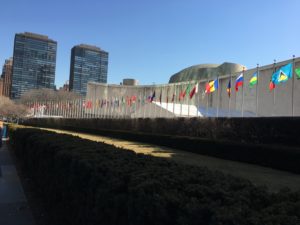
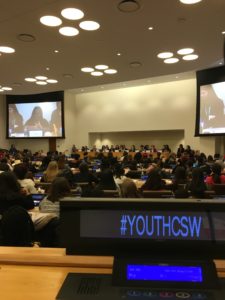
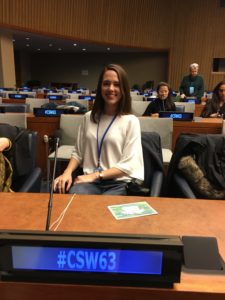
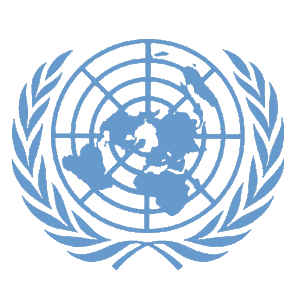
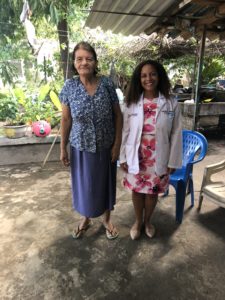
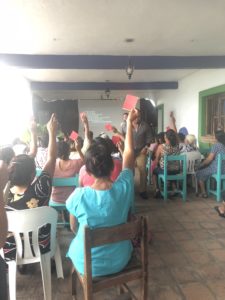



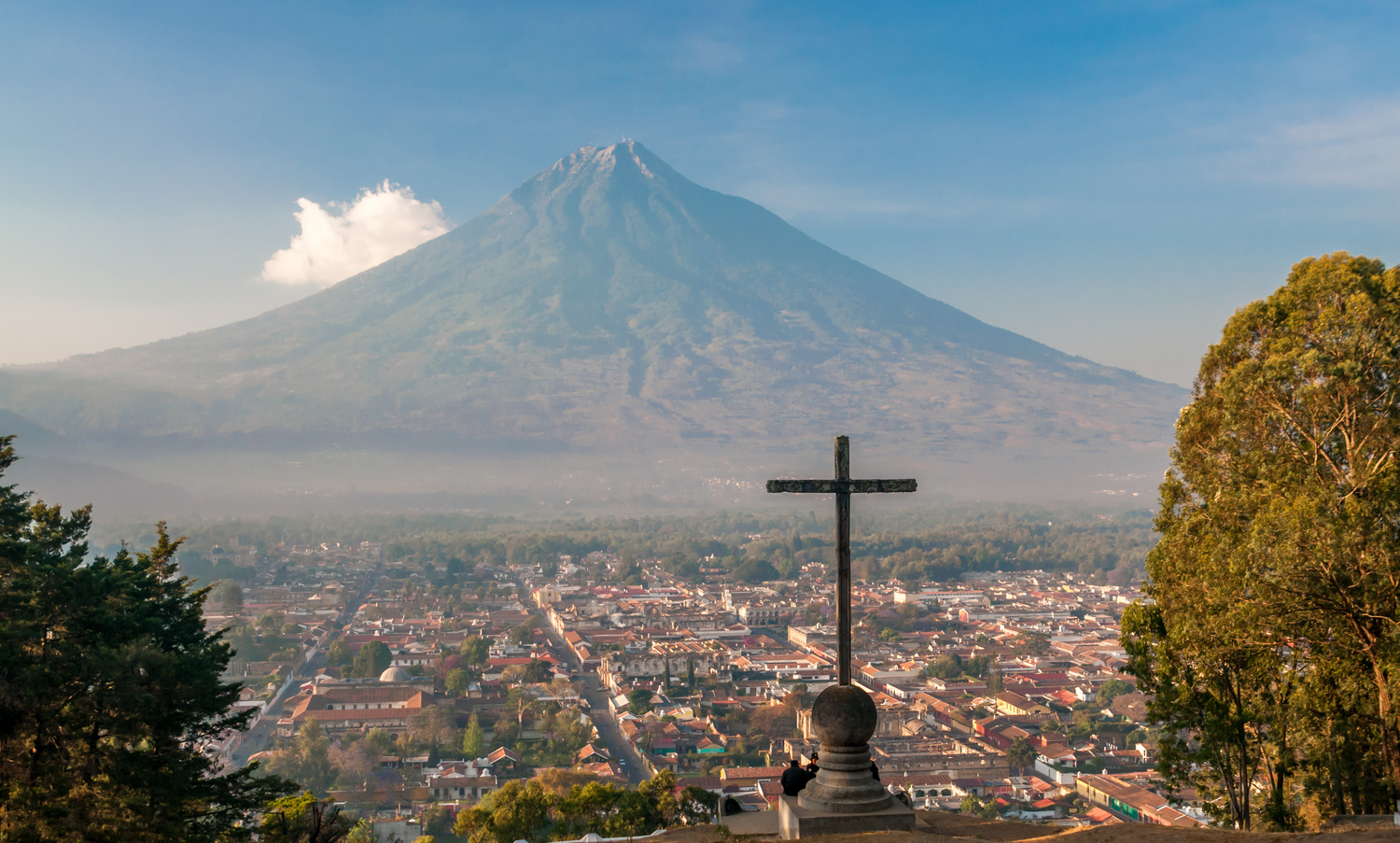 While my lack of training may have led to incorrect patient information being taken down, there were other pre-med volunteers who were given duties that were even further beyond their scope of understanding and led to medical complications for patients. Since there were other volunteers working at my clinic, they cautioned me right away that I shouldn’t help with procedures such as giving stitches or injections since we didn’t have the training for that (I think they figured taking down patient information was harmless enough that my inexperience wouldn’t be an issue). I was very thankful for that advice since I was already feeling uncomfortable with the duties I had, I couldn’t even imagine how stressed I would have been if I had to perform anything more advanced. However, other volunteers weren’t as reserved. I remember this one other volunteer bragging to me about how the doctor had allowed him to give injections to a patient. He said that he didn’t really know what he was doing and he ended up piercing her 5 times because he kept doing it wrong. Another volunteer told me she helped stitch a patient up and said she was concerned that her stitches weren’t done right since she had never done it before. It was at this point that I really started to question the program we were on. Why weren’t there more regulations enforced by the program? Why were the duties of the volunteers so ambiguous? Why was I starting to feel so uncomfortable with what I was doing and why weren’t the other volunteers having the same questions I was?
While my lack of training may have led to incorrect patient information being taken down, there were other pre-med volunteers who were given duties that were even further beyond their scope of understanding and led to medical complications for patients. Since there were other volunteers working at my clinic, they cautioned me right away that I shouldn’t help with procedures such as giving stitches or injections since we didn’t have the training for that (I think they figured taking down patient information was harmless enough that my inexperience wouldn’t be an issue). I was very thankful for that advice since I was already feeling uncomfortable with the duties I had, I couldn’t even imagine how stressed I would have been if I had to perform anything more advanced. However, other volunteers weren’t as reserved. I remember this one other volunteer bragging to me about how the doctor had allowed him to give injections to a patient. He said that he didn’t really know what he was doing and he ended up piercing her 5 times because he kept doing it wrong. Another volunteer told me she helped stitch a patient up and said she was concerned that her stitches weren’t done right since she had never done it before. It was at this point that I really started to question the program we were on. Why weren’t there more regulations enforced by the program? Why were the duties of the volunteers so ambiguous? Why was I starting to feel so uncomfortable with what I was doing and why weren’t the other volunteers having the same questions I was? 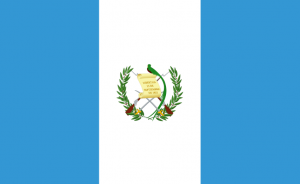
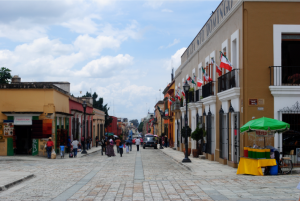
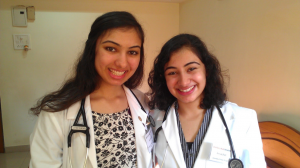
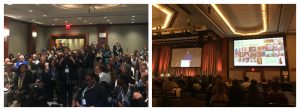
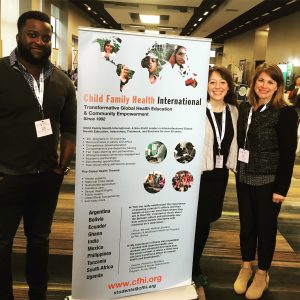
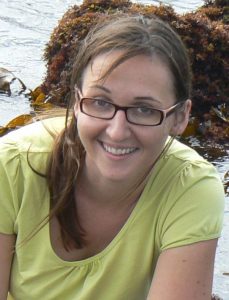 I am a marine biologist. When I was in grad school, there was a daily barrage of news about the unprecedented scale of environmental and ecological damage to our planet. While working on my PhD in algal biotechnology, what struck me was how algae had so much potential to help mitigate some of our sustainability challenges. Inspired by this, I founded
I am a marine biologist. When I was in grad school, there was a daily barrage of news about the unprecedented scale of environmental and ecological damage to our planet. While working on my PhD in algal biotechnology, what struck me was how algae had so much potential to help mitigate some of our sustainability challenges. Inspired by this, I founded 
